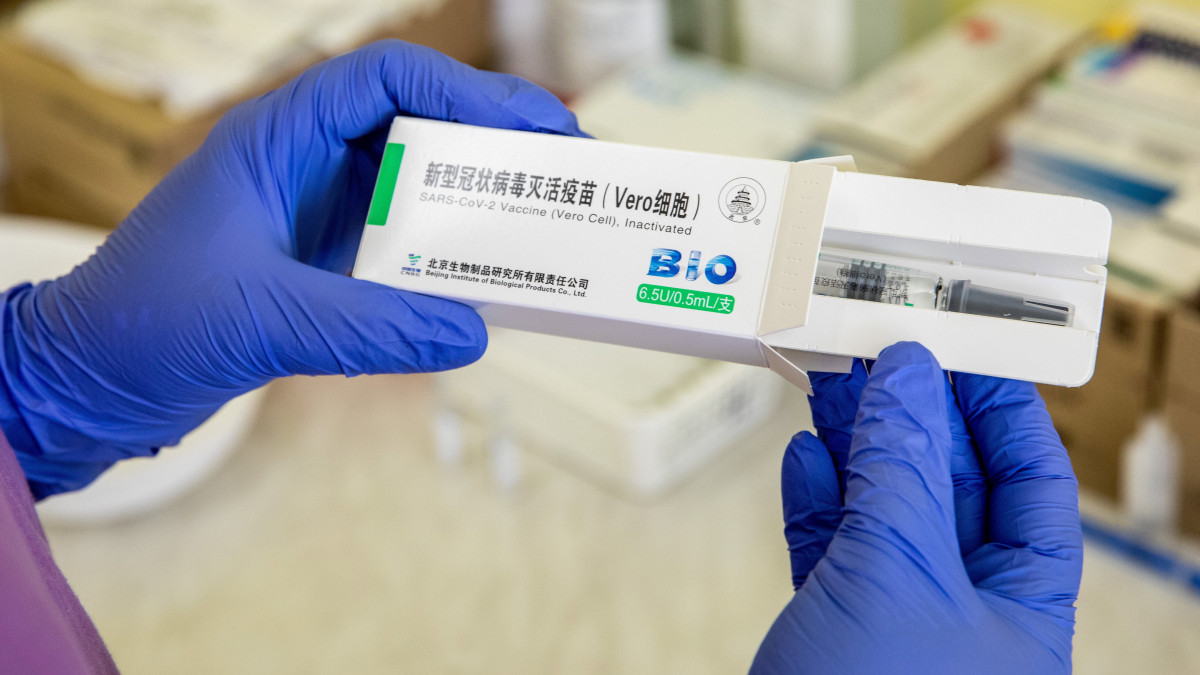Recipients of Sinovac and Covaxin, the Chinese and Indian vaccines, can now enter the UK without the need for a 10-day quarantine. Its introduction was announced on Monday by the UK’s Department for Transport, and in parallel with the Department of Health.
So the British now recognize all seven of the COVID-19 vaccines that have received emergency approval from the World Health Organization (WHO).
Prior to this, Australia had already announced in October that it would allow those who were fully vaccinated with these eastern vaccines, as did the United States, which indicated that it would accept vaccines approved by the World Health Organization from early November, the date of readmission of foreigners. travelers.
After the British decision, tens of thousands of Chinese students will be able to start or continue their studies in the island country. Britain’s university admissions body, UCAS, said British universities have received a record number of applications from Chinese nationals this year.
Vaccination is more than 80 percent in China, with a population of 1.4 billion, but most of the vaccines given are produced locally by Sinovac or Sinopharma.
The largest number of foreign students in British universities are Chinese, and Chinese families constitute a huge source of financial income for the British.
This year, more than 4,500 Chinese students applied for university degrees in the UK, meaning they have jumped by a third since the pandemic began.
Meanwhile, fully unvaccinated foreign visitors must show their Covid test results to enter and go into a 10-day quarantine.
The British decision meant that the road to Great Britain would be unobstructed even for Hungarians who had been vaccinated with the Chinese vaccine.
However, those who received Sputnik are still forced to quarantine. Although Britain is no longer a member of the European Union, it monitors the decisions of the European Medicines Agency and the World Health Organization. At the EMA in late October, a source told Reuters that approval of this year’s Sputnik V was “completely out of the question” because important clinical data was “missing.”
The organizers will be able to make a decision on the Russian vaccination in the first quarter of next year
he added. The EMA has been in the process of approving the Russian serum since March and a decision was first expected in May or June.
However, this slips despite the fact that results of a phase III clinical trial published by the prestigious British medical journal, The Lancet, showed that the vaccine is 92 percent effective against the new original type of coronavirus and 83 percent effective against Delta. alternative. Many are skeptical of geopolitics, but Russian presidential spokesman Bischoff argued that technical issues surrounding the production needed to be resolved. As a result of Western restrictions, an increasing number of Russians are not skeptical about the vaccine and want to travel to Serbia to pick up vaccines approved in the West.
Opening image: Tibor Rosta












































